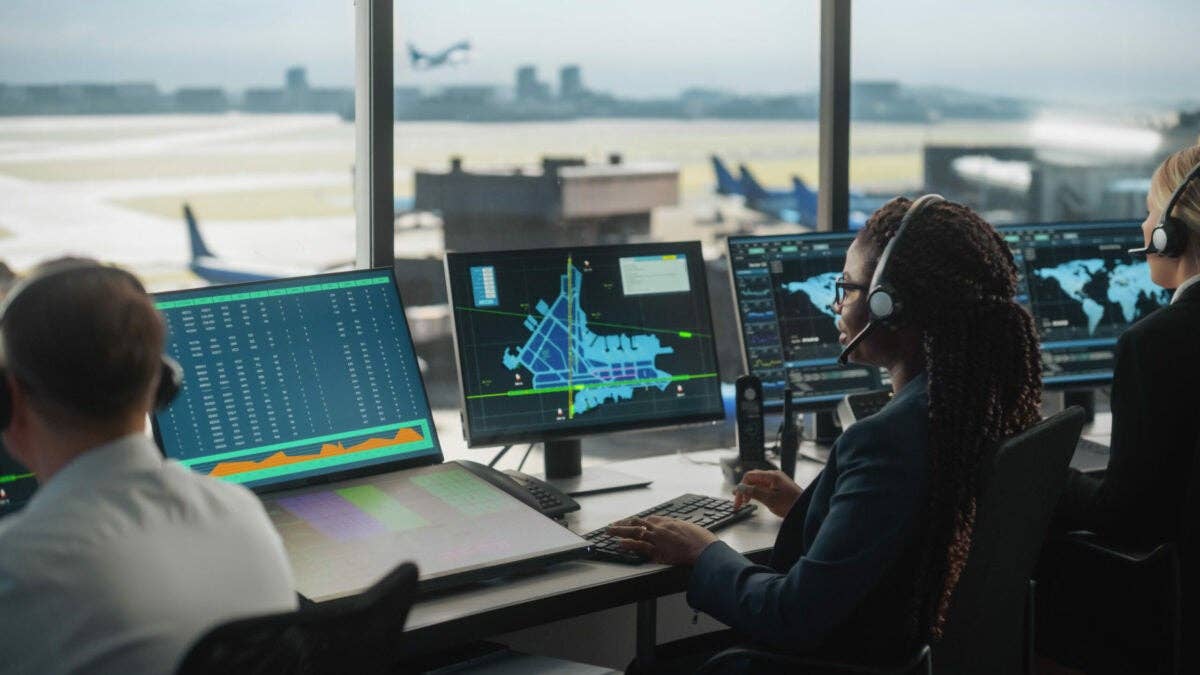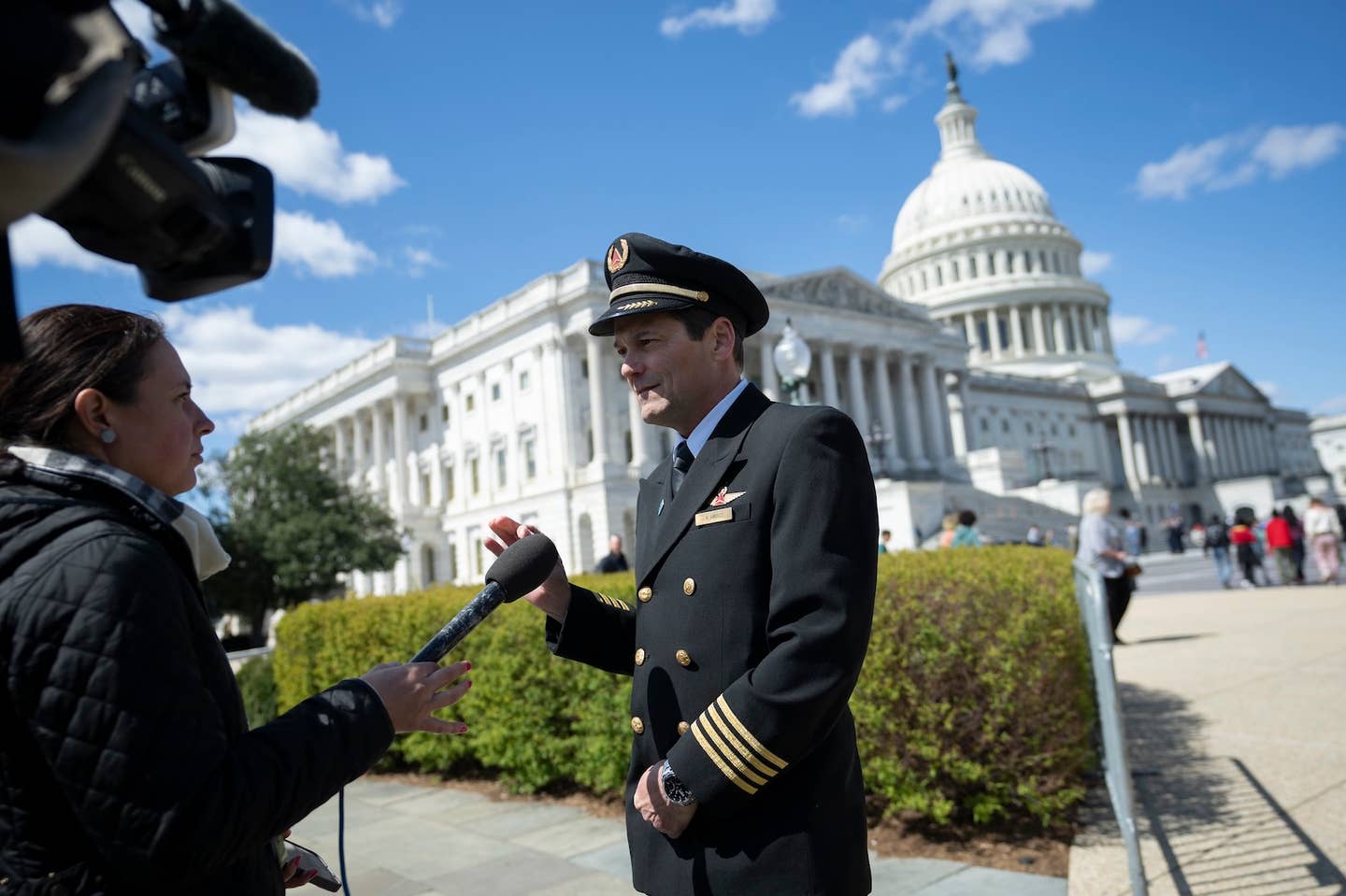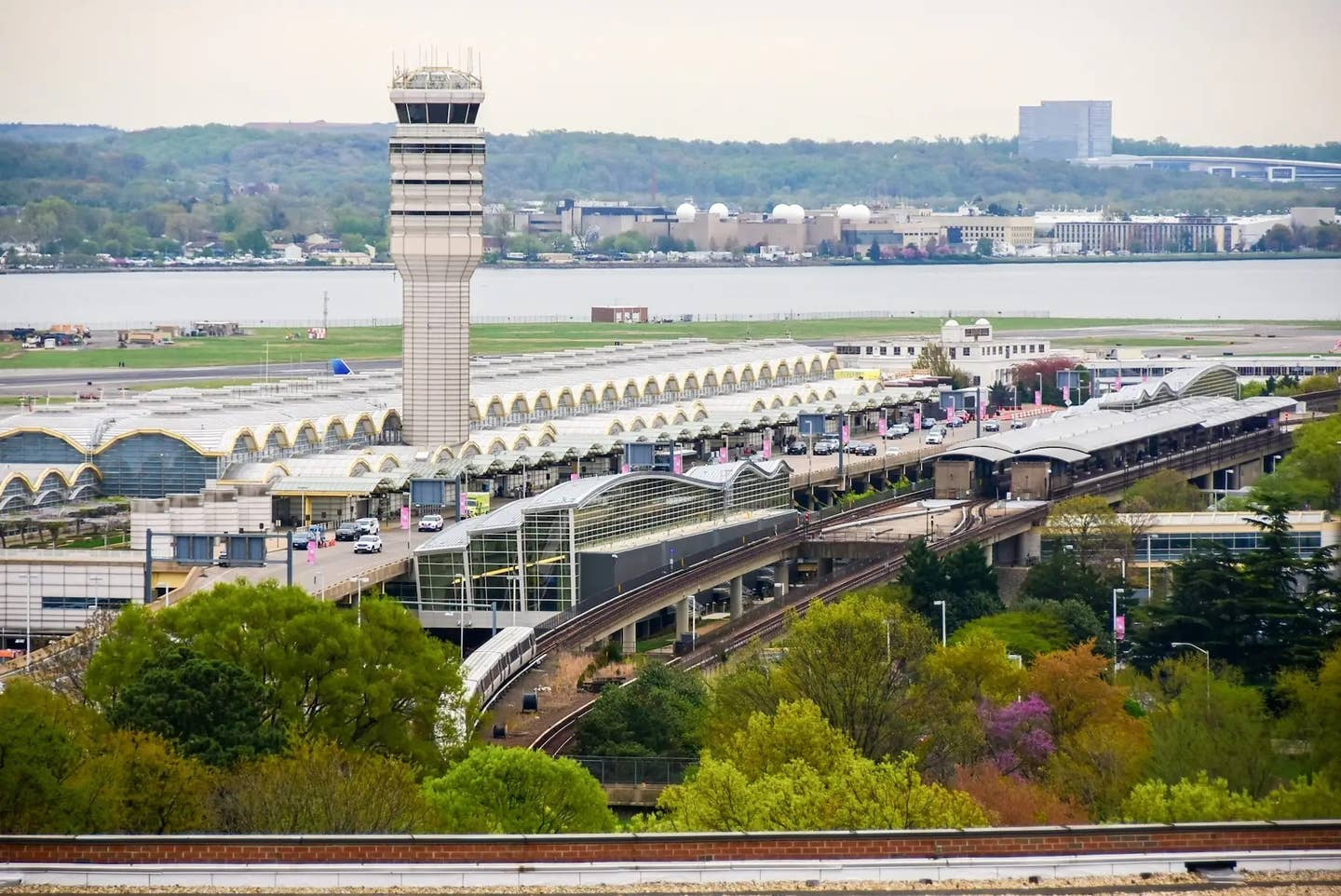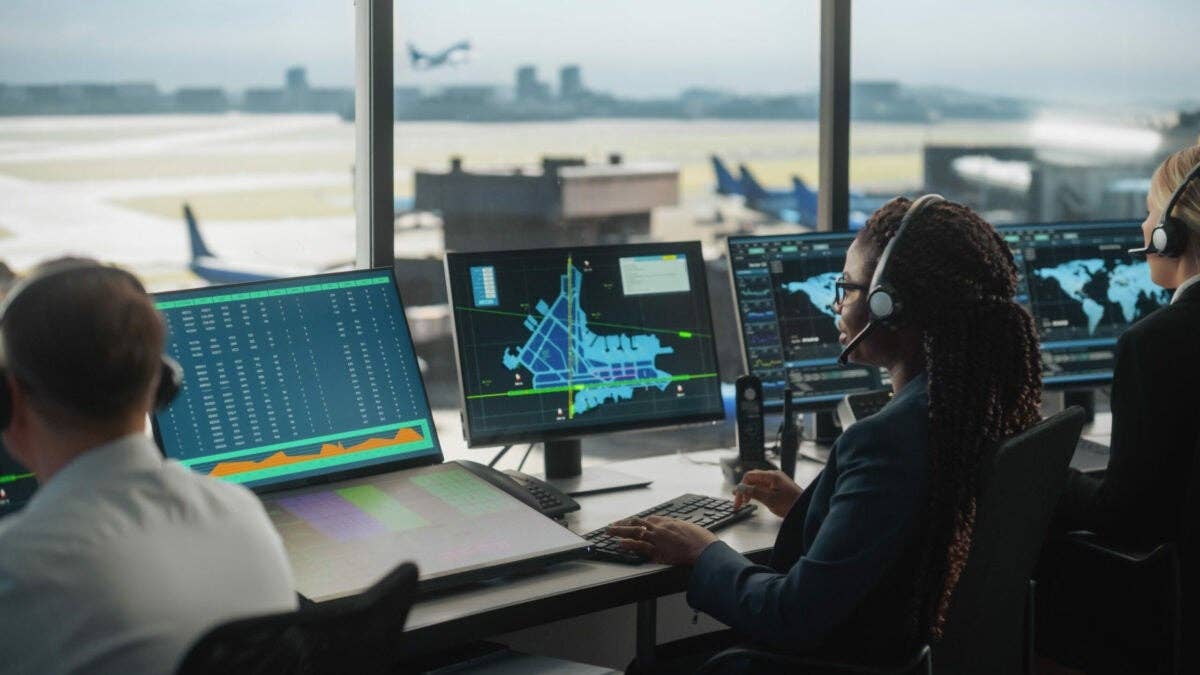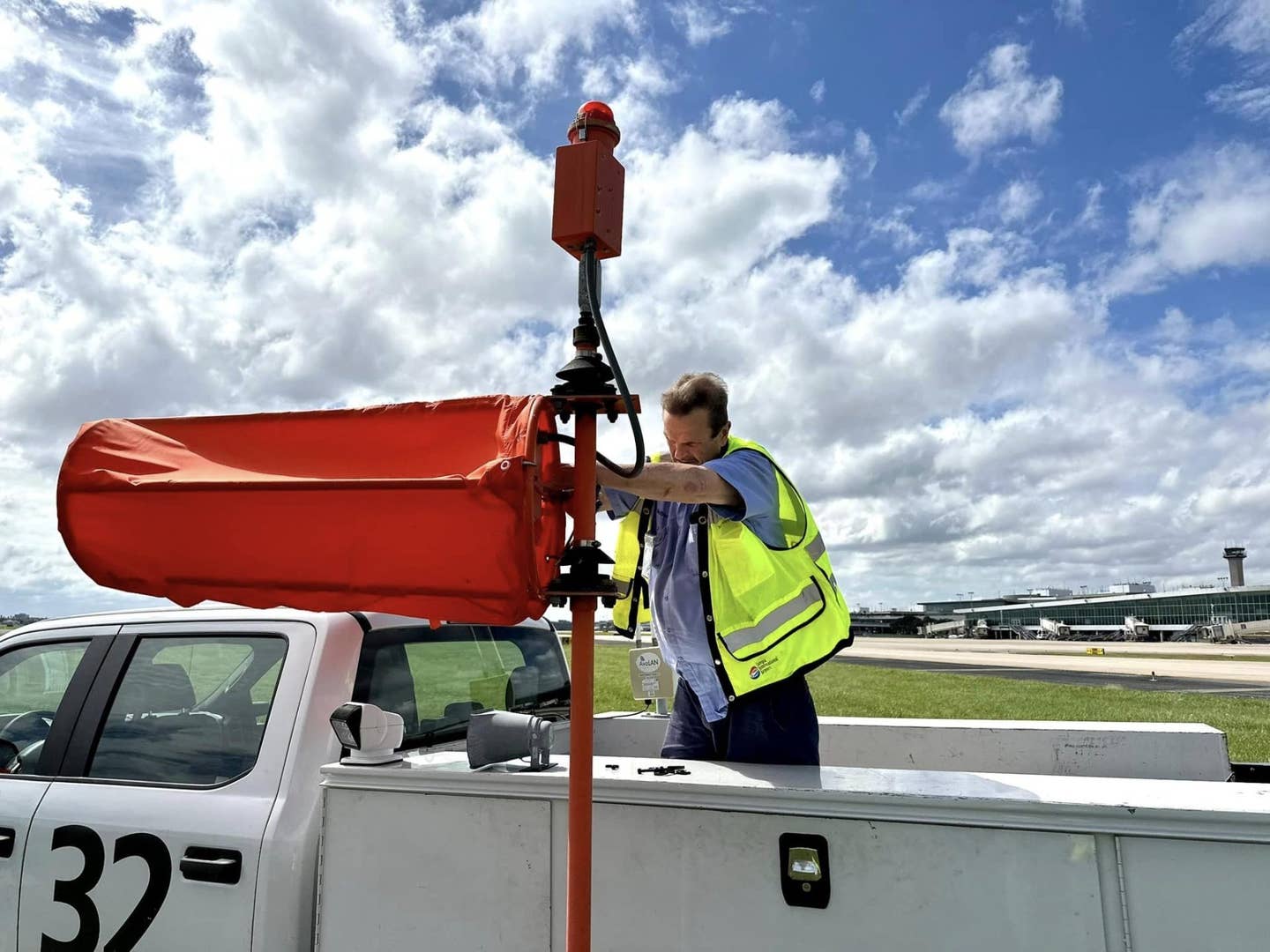How to Become an Air Cargo Specialist
Both the military and civilian airlines have air cargo specialists who support the safe and efficient movement of goods.
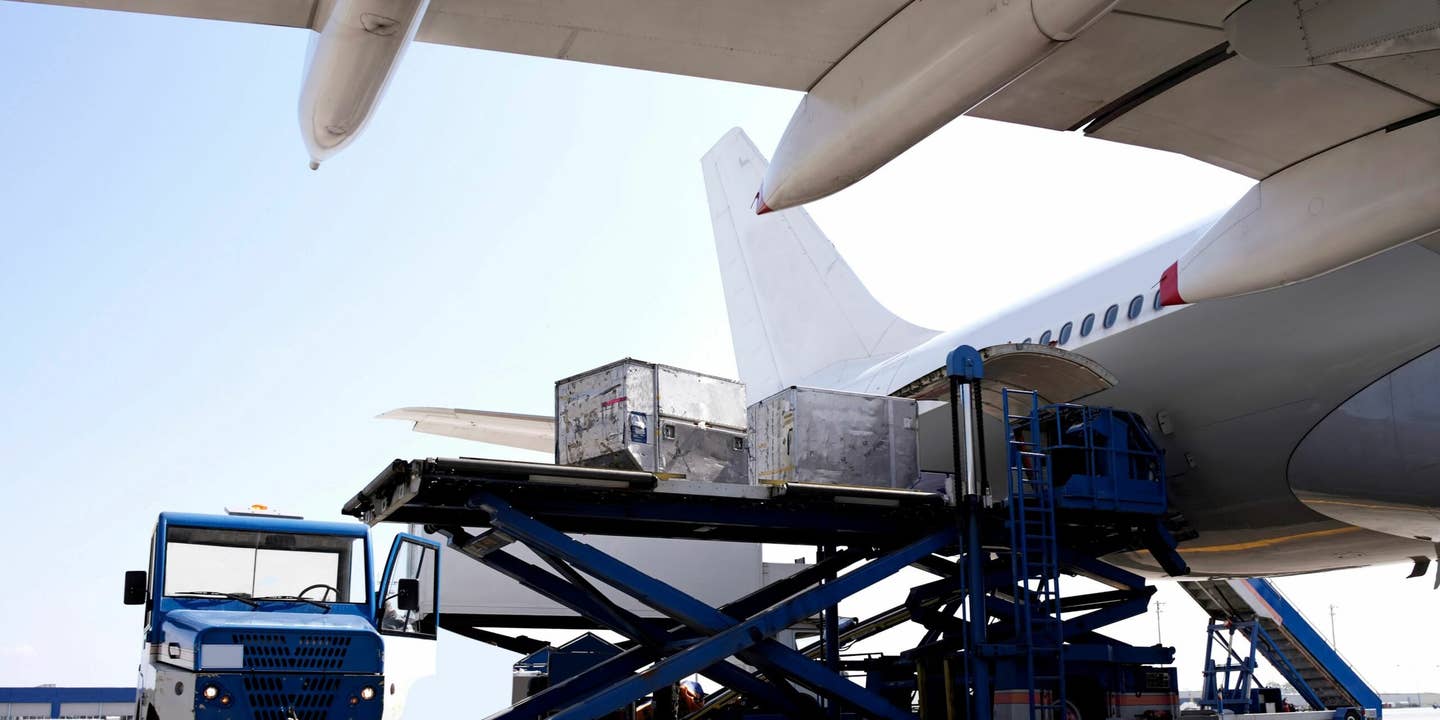
Air cargo specialists are responsible for organizing, planning, loading, and unloading cargo from aircraft. [Credit: CanvaPro]
Air transportation is a key part of the global supply chain. Each day, aircraft all around the world move vast amounts of cargo for commercial, military, and humanitarian purposes.
Air cargo specialists play a critical role in this global network by ensuring the proper and safe transportation of goods through the skies.
Here is what you need to know about becoming an air cargo specialist.
What Is an Air Cargo Specialist?
The term air cargo specialist refers to individuals who are responsible for organizing, planning, loading, and unloading cargo from aircraft. The exact job titles and responsibilities can vary depending on the employer.
Common tasks for an air cargo specialist include loading and unloading cargo from aircraft and vehicles, transporting cargo around an airport, and ensuring that the movement of cargo is properly documented. Some roles also involve administrative work such as preparing weight and balance records.
Military Air Cargo Specialists
One way of becoming an air cargo specialist is by joining the military. Many branches of the U.S Armed Forces have cargo specialist positions.
The U.S. Army, for example, has an occupation called cargo specialist. These enlisted service members handle supplies, weapons, mail, and equipment that are being transported by air, land, or sea. Army cargo specialists load and unload cargo, operate heavy equipment, and document the movement of cargo.
- READ MORE: How to Become an Airport Firefighter
A similar role in the U.S. Air Force is the air transportation specialist. This job focuses exclusively on air transportation but also includes working with passenger transportation rather than just cargo. Air transportation specialists not only load and unload cargo but also have other tasks such as planning the types and quantities of cargo to be loaded and performing passenger-related tasks such as checking travel documents.
In the U.S. Navy, logistics specialists are responsible for mail and cargo. The U.S. Marine Corps has logistics/embarkation specialists who help prepare and load cargo for all modes of transportation.
The military also hires civilian cargo specialists to support its operations.
Becoming a cargo specialist in the military involves going through the standard enlistment process. This consists of meeting basic eligibility requirements, completing physical and written testing, and passing a medical examination.
- READ MORE: Best Aviation Headsets
New service members will then need to attend basic training for their respective branch before getting specialized training for their specialty and receiving their first posting.
Civilian Air Cargo Specialists
Airlines also hire cargo specialists for their cargo operations.
At cargo airlines such as FedEx and UPS, one of the primary tasks of their ramp agents is to load and unload their aircraft. These airlines also have administrative personnel who assist with planning and weight and balance.
- READ MORE: Starting a Career as a Crop Dusting Pilot
Many passenger airlines also have a cargo division, which provides services using either dedicated planes or extra space on passenger aircraft. These airlines have employees who handle and organize their cargo operations. Cargo-loading functions are typically performed by ramp workers, who are also responsible for loading passenger bags.
These employees are usually hired internally or through public job postings. Cargo-loading jobs typically require a high school diploma or equivalent, a valid driver’s license, and the ability to perform physical tasks such as lifting and operating specialized equipment. Administrative jobs involving air cargo may require higher levels of education and proficiency with computers.

Sign-up for newsletters & special offers!
Get the latest FLYING stories & special offers delivered directly to your inbox


